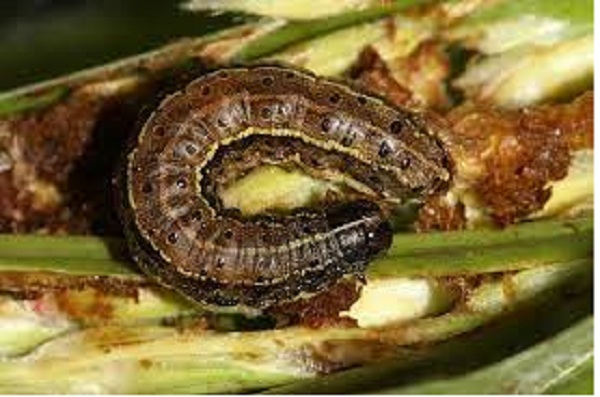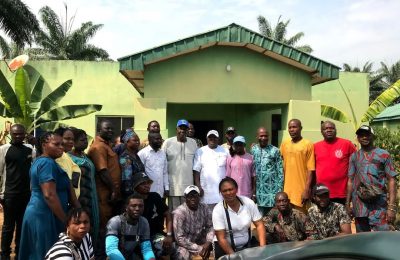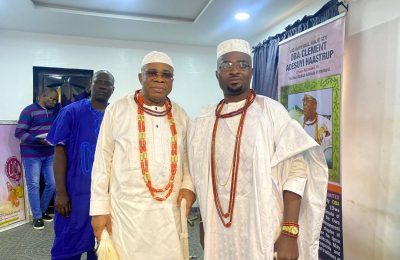

Fall Armyworm is one of the scourges in African agriculture since 2016 when it was reported in Nigeria and then spread to other African countries.
The impact and ripple effects of fall armyworm in social- economics development of Africa cannot be overemphasised. Green maize which normally serve as hunger gap between the depletion of previous year season’s harvest and the new year harvest is no more like before. The surplus maize yields that normally make livestock feed cheap and therefore boost livestock and poultry production in Africa is no more there. Therefore animal scientists and poultry feed and nutrition expert have kept on researching into maize alternatives in poultry feeds formulation. Farmers have also learned to switch to cultivation of other crops while those who remain in maize cultivation have resulted into use of pesticides which was not so before. The use of pesticides in the cultivation of maize has added to environmental and public health issues in African agriculture.

However, how did fall army worm which was a native of America become “African citizen”? Scientists have come up with various philosophies regarding the entrance and invasion of fall armyworm in Africa. One of the philosophies is that fall army worm is a nocturnal pest and highly migratory and therefore it is transboundary. The insect is said to be a strong flyer and can migrate thousands of kilometers of lands. This school of thought therefore concluded that it is through this means that fall army worm passed through deserts to Nigeria and from Nigeria to the rest of Africa.
The second philosophy is that fall army worm was accidentally introduced to Nigeria through the importation of maize germplasms. This is probably a more plausible reason. Although, climate change and agricultural systems of monoculture (large-scale and continuous planting of maize on the same land) must have exacerbate and served as catalysts that hastened and increased the invasion and spread of fall armyworm.
Therefore, African countries, port authorities and agricultural quarantine services must apply strict quarantine measures to save African agriculture from invasive alien pests and diseases. Also, to manage fall armyworm, crop rotation and use of Environmental and economic smart methods must be employed. Korea- Africa Food and Agriculture Cooperation Initiative (KAFACI), International Technology Cooperation Centre, Rural Development Administration, Republic of Korea has been assisting African countries to find solution to this problem through KAFACI project titled Integrated Pest Management of Fall Armyworm (Spodoptera frugiperda) for Sustainable Food Security in Africa. African countries must also take their destinies into their hands by applying strict compliance to quarantine measures and also by not allowing agricultural improvement to destroy their traditional agriculture and also by preserving their crops that are landraces and “criollos”. The two can go parallel, without allowing one to destroy the other. No nation can develop effective virile agriculture without conservation and preservation of their natural endowed broad base genetic resources. The advents of genetically modified organisms (GMOs) should not be allowed to erode the African broad-based germplasms and genetic resources. Also, indiscriminate importation of germplasms into the country should not be allowed to bring invasive alien pests and diseases into the country which may make the nation food insecure and predispose the country to hunger and lack in raw materials for agro-industries.
Dr. Timothy Oluwafemi Ajiboye is an entomologist, a biodiversity conservation expert and a Striga management specialist and Principal Investigator of KAFACI Fall Armyworm project in Nigeria. He works in the National Centre for Genetic Resources and Biotechnology (NACGRAB) (NABDA Centre of Excellence).
ALSO READ: Electricity tariff hike: Nigerians are suffering – Kogi NLC








